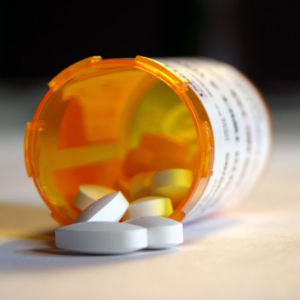“You look like Jack Skellington,” Edward Hesketh, then a defense attorney in Trenton, told me as he rested his hands on my shoulders at the Courthouse Cafe. I was as pale as the Pumpkin King. Moments before, I had collapsed walking from the Mercer County criminal courthouse, where I worked as a beat reporter for The […]


